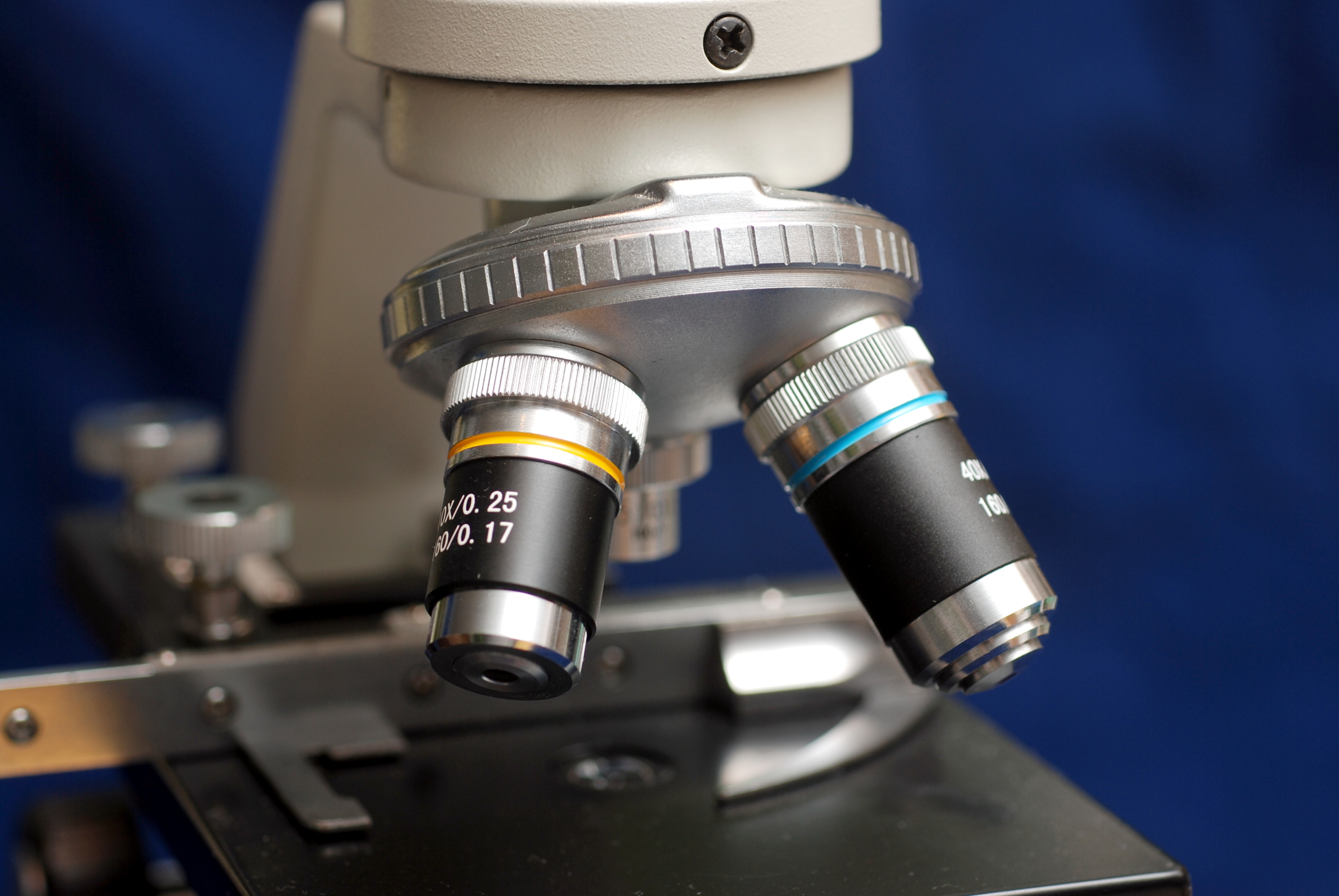
THURSDAY, March 10 (HealthDay News) — Benlysta (belimumab) has been approved by the U.S. Food and Drug Administration to treat lupus, the first medication sanctioned for the condition in the United States since 1955.
The injected drug targets B-lymphocyte stimulator (BLyS) protein, which is believed to play a role in abnormal B cells thought to characterize lupus, the agency said in a news release. Lupus is an autoimmune disease, in which the body’s disease-fighting system attacks healthy tissue. The condition disproportionally affects women, usually aged 15 to 44. Symptoms commonly include joint pain and swelling, sensitivity to light, fever, chest pain, hair loss and fatigue.
In addition to the joints, lupus can affect the skin, kidneys, lungs, heart and brain. As many as 1.5 million people in the United States have the disease, although estimates vary widely, the FDA said. Black women have a three times higher incidence of the disease than Caucasian women.
The safety and effectiveness of Benlysta were established in a pair of clinical studies involving 1,684 people. Those treated with Benlysta had fewer symptoms than those who took a non-medicinal placebo, and the results suggested that those who took the drug also were less likely to have severe lupus flares, the agency said.
Common side effects of the drug included nausea, diarrhea and fever.
Blacks and people of African heritage didn’t respond to the new drug, and the FDA said it ordered Benlysta’s manufacturer to conduct additional studies involving these patients.
Benlysta was developed by Human Genome Sciences, based in Rockville, Md., and will be co-marketed by Philadelphia-based GlaxoSmithKline.
More information
To learn more about lupus, visit the Lupus Foundation of America.

